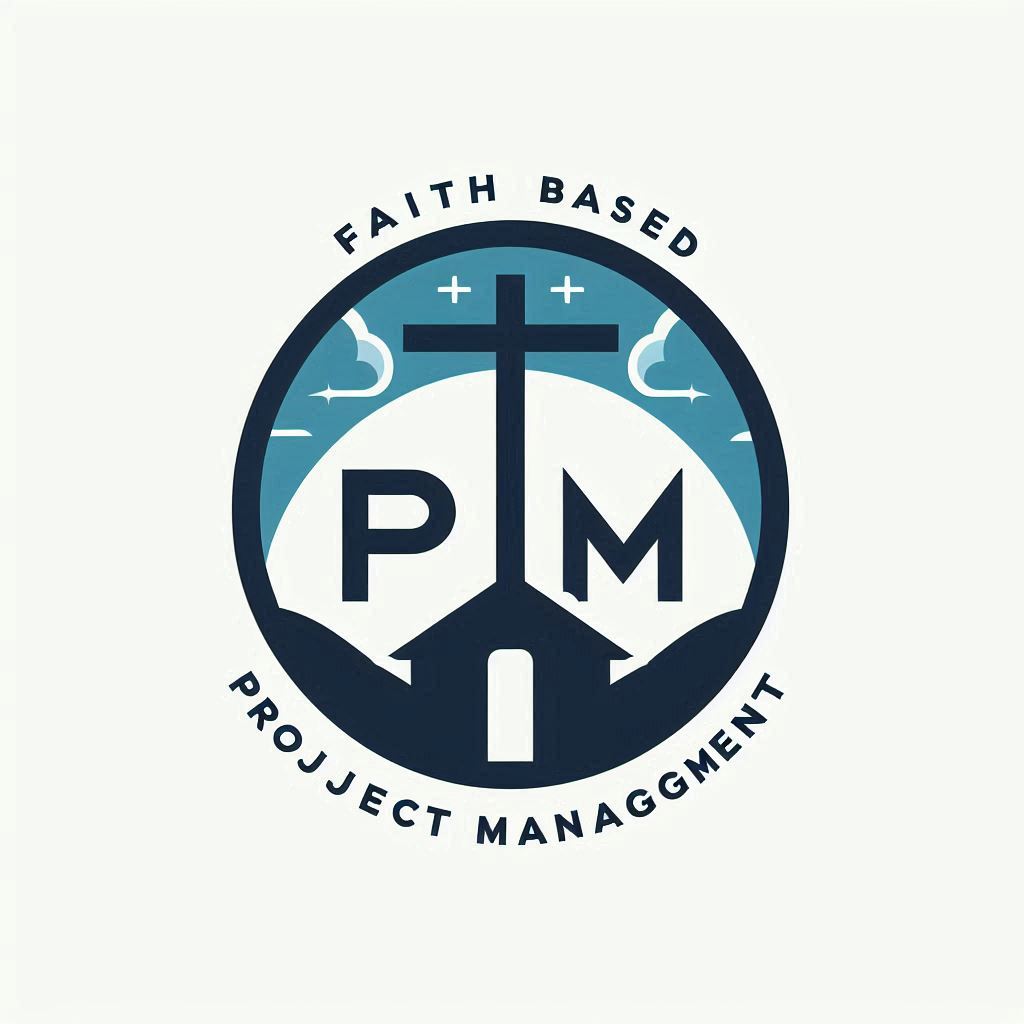Faith-based organizations (FBOs) often find themselves at a crossroads, striking a delicate balance between staying true to their core spiritual missions and meeting professional project management standards. This challenge is both unique and complex, yet navigating it successfully can lead to extraordinary outcomes.
For FBOs, holding onto faith-based missions while aligning with secular project goals requires a thoughtful approach. It’s crucial to embrace flexibility, understanding that spiritual and ethical principles can coexist with managerial objectives. Crafting project plans that incorporate these values not only honors the organization’s mission but also potentially strengthens stakeholders’ trust and engagement.
Conflicts may arise, as FBOs try to merge the spiritual with the secular. Yet, these challenges offer a portal to progress if addressed thoughtfully. Strategies such as regular dialogue among team members, aligning ethical decision-making frameworks, and involving spiritual leaders in planning procedures can provide a roadmap for success.
There’s no one-size-fits-all, but there are examples where this synergy leads to outstanding project results. Organizations that manage to weave their faith commitments into the fabric of project management often witness enhanced community engagement and deeper project impact. This exemplifies how faith-based principles can enrich project management practices, rather than hinder them.
Complex Stakeholders & Resource Management: Challenges in Faith-Based Projects
Diving into faith-based projects often brings the complex task of navigating diverse stakeholders and community perspectives. These projects typically involve individuals and groups from various backgrounds, each bringing unique expectations and concerns to the table.
A significant challenge lies in crafting engagement strategies that respect these diverse voices while aligning them with project goals. Open lines of communication are vital. Regular meetings, community consultations, and involving stakeholders in decision-making processes can help build trust and foster mutual understanding.
Resource management, specifically securing sustainable funding, is another hurdle. For FBOs, traditional funding sources may not always align with their missions, sometimes leading to financial constraints. Exploring alternative funding avenues, like faith-based grants or community fundraising, can offer practical solutions. Seeking partnerships with like-minded organizations can also contribute to a more stable resource base.
Despite these challenges, numerous FBOs have thrived, turning potential roadblocks into cornerstones of success. By focusing on inclusive project frameworks and sustainable resource planning, these organizations demonstrate that challenges can indeed become opportunities for growth.
Harnessing Community Strengths and Inspiring Action: Opportunities for Faith-Based Organizations
Faith-based organizations (FBOs) have a wealth of opportunities at their fingertips, particularly in leveraging community strengths and galvanizing action. One of the most powerful assets is the network of relationships and trust that these organizations have built over time.
This network creates a strong foundation for mobilizing community resources and fostering volunteer support. Engaging dedicated volunteers who share the organization’s mission can significantly enhance the capacity to execute and sustain development projects. Volunteers often bring a personal commitment that can drive projects forward with passion and dedication.
Incorporating a holistic development approach allows FBOs to address the spiritual, social, and economic needs of communities comprehensively. By focusing on each individual’s well-being, these organizations often achieve deeper and more meaningful impacts, aligning development goals with spiritual values.
A core strength of FBOs is their ability to inspire and mobilize resources through faith-based networks. This element can be an incredibly powerful tool in rallying support and driving community-driven projects. Case studies highlighting projects that have successfully leveraged these elements can serve as blueprints for other organizations seeking to replicate their success.
Faith-based organizations are uniquely positioned to harness community strengths and networks to inspire widespread action. By focusing on these opportunities, they can make a significant impact, transforming challenges into robust frameworks for sustainable development.
